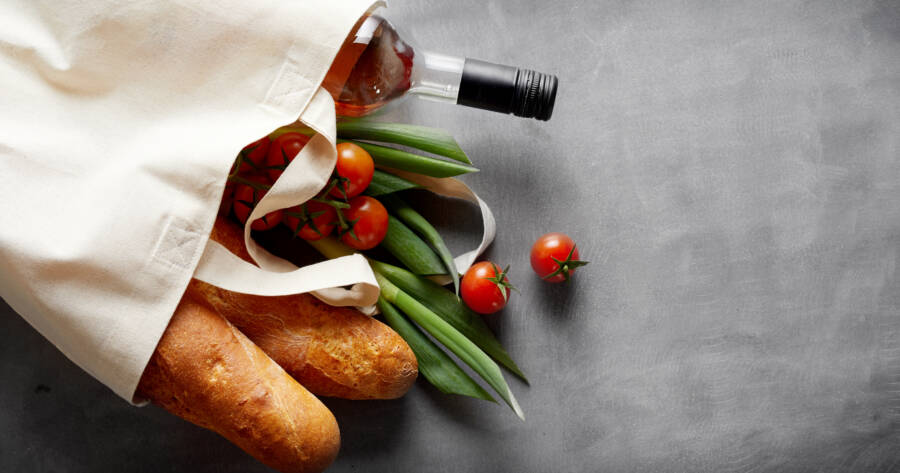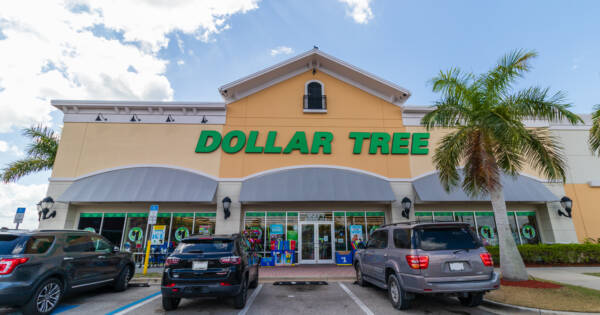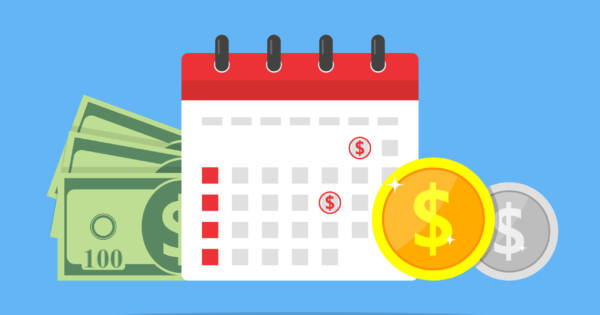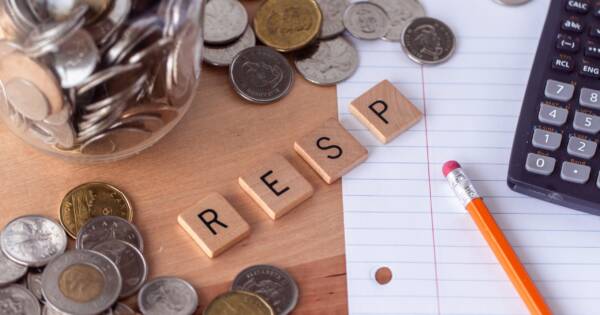A lot of disposable products get a well-deserved bad rap for generating a great deal of garbage. But did you ever consider the harm they’re doing to your pocketbook? There’s an old adage in the consumer world: every time you throw something away, you throw money away with it. The fact is, you can replace many common disposable items in your home with reusable alternatives. It will both save you some cash and help protect the planet.
Paper Towels
If you do the math on paper towels, you’ll find that you spend about a nickel every time you use them. While that paper may be recyclable or biodegradable, you can’t recover the money you spend on roll after roll.
Instead, you can buy high-quality, absorbent cotton rags that you can use to clean up around the house. Throw them in the washing machine when they get saturated with dirt, then reuse them over and over. As an alternative, you could even re-purpose old undershirts and clothing as makeshift rags. The average household spends a couple of hundred dollars on paper towels every year. That’s money you could put right back into your pocket by switching to reusable cloths.
Grocery Bags
Plastic shopping bags are one of the worst culprits when it comes to avoidable waste. Many grocery stores now charge customers for them, as part of a concerted campaign to raise awareness about the environmental costs they carry.
Stop loading up on plastic grocery bags with every trip to the supermarket. Instead, invest in a few well-made, large cotton or cloth shopping bags. Stash them in the truck and bring them with you to the grocery store. While you won’t be able to retire on the meager money you’ll save, cloth bags are far better for the environment. Remember that they can double as lunch bags and overnight bags in a pinch.
Water Bottles
Public sentiment continues to turn against the bottled water industry. The main reason is that plastic water bottles generate enormous amounts of garbage. Research has shown that bottled water has negligible (if any) benefits compared to regular tap water. If you’re still buying bottled water regularly, it’s time to reconsider your choices. You just aren’t getting worthwhile bang for your buck, and disposable plastics are terrible for the environment.
Get yourself a reusable bottle or flask, fill it with tap water, and carry it with you wherever you go. They’re easy to wash, and you can also use them for juice, coffee, soup, and other liquids. If you’re still worried about the quality of municipal tap water, you can invest a few dollars in a home filtration system. They deliver a purified version that is virtually indistinguishable for the water you pay $1 a bottle (or more) to buy in the store.
Napkins
Paper napkins are convenient. But like many other paper products, you can easily replace them with reusable alternatives. Cloth napkins also get bonus points for being a classier and more stylish choice, especially if you’re having company. They’re also very easy to clean, and can be laundered alongside regular clothing in your washing machine.
You can extend this strategy out to other disposable mealtime products, including paper plates and plastic cutlery. While it’s easy to grab these items at the grocery store when you’re heading out for a picnic, all it takes to save that money (and avoid generating the garbage) is a little foresight. Pack plates and cutlery from home in a separate, reusable bag and just wash them up when you return.
Sandwich Bags
If you pack a lunch for work, or if your kids stay for lunch at school, chances are you go through your fair share of plastic sandwich bags. In most cases, these just end up in the garbage after a single use. With so many alternatives out there, it isn’t an exaggeration to say that you might as well be throwing money into the trash every time you buy them.
Make a one-time investment in a large, complete set of reusable plastic storage containers or reusable snack bags. These versatile products are perfect for sandwiches, leftovers, soups, and just about anything else you might have for lunch. Wash them out at the end of the day and use them again tomorrow. You’ll cut down on waste while saving money time after time. Alternatively, you could pick up a nice lunch box or a washable cloth lunch bag.
Want Some More Ideas?
These five examples represent a small sample of the many ways you can save money and do your part to reduce waste. Some of the other things you can try include buying a mop and bucket instead of using disposable floor mops, switching to rechargeable batteries, buying a metal or glass straw instead of relying on single-use plastic straws, and using coffee filtration baskets instead of paper filters.
A growing number of countries are moving to penalize or otherwise discourage the use of disposable products that generate a great deal of waste. Consumer awareness is a powerful thing. With the world trending toward greater environmental responsibility, you can stay ahead of the curve and save yourself a lot of money by thinking twice before buying disposable consumer products.








